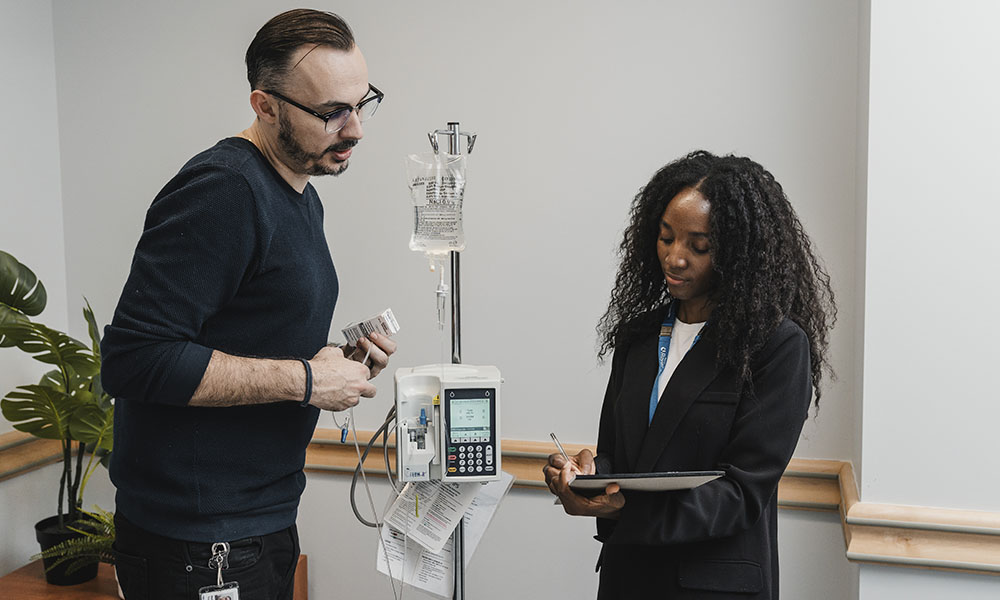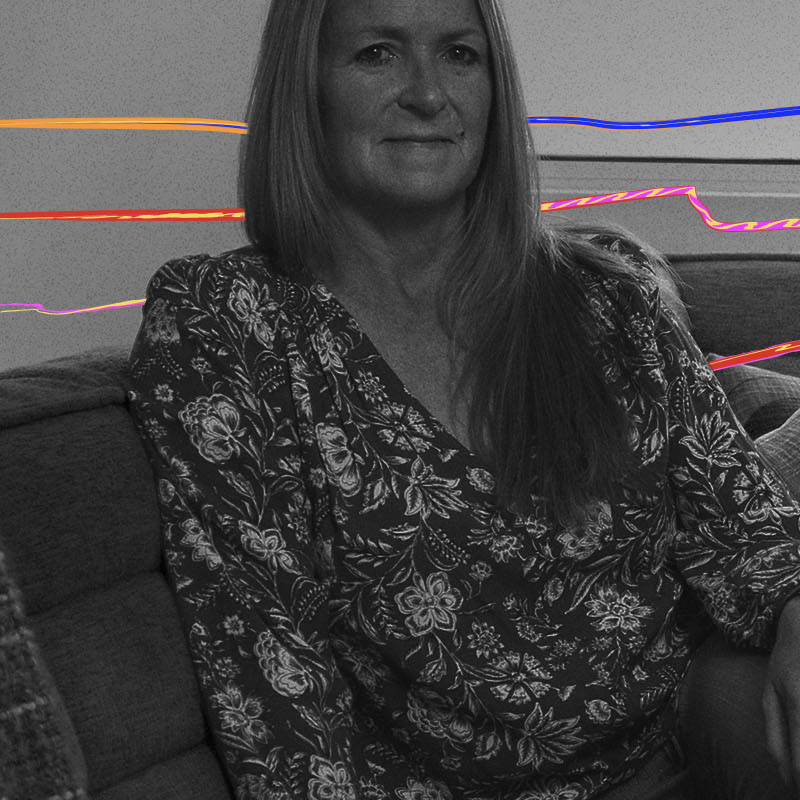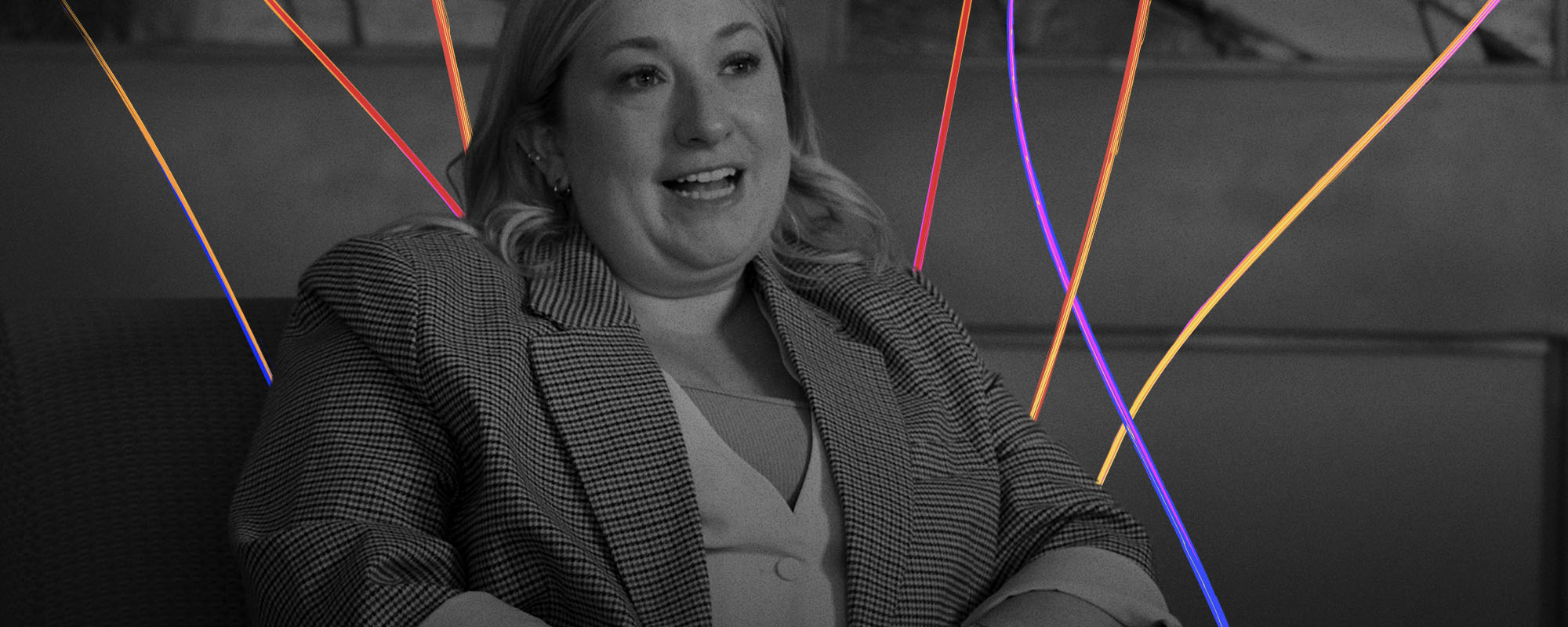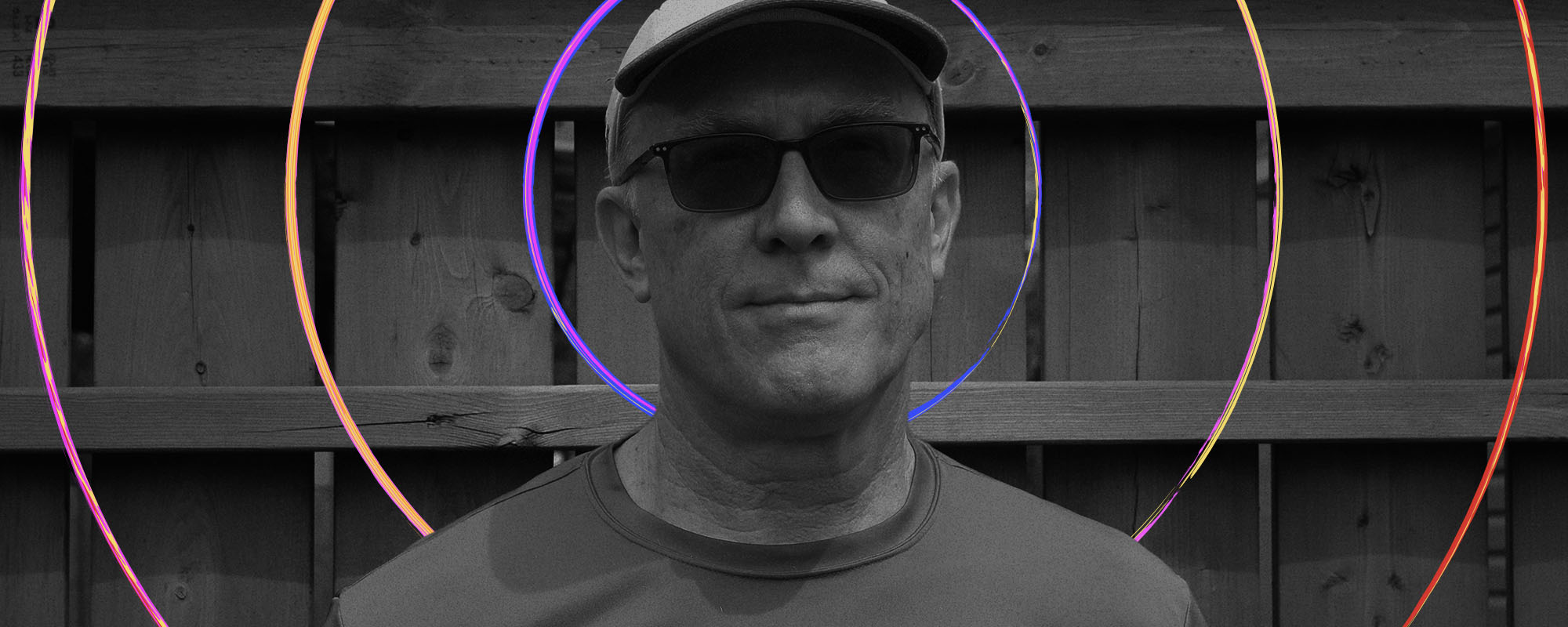About the Interventional Psychiatry Program
The Interventional Psychiatry Program (IPP) provides advanced treatments for individuals with difficult-to-treat mental illnesses. Care is delivered by specialized teams, with close integration between research and clinical services.
Developed with other academic psychiatric centres, the program helps patients access interventional treatments at The Royal and supports transitions between them. As new evidence-based interventions emerge, they will be integrated into the program to better meet patient needs.
Referrals to this program must be made by a health care provider.
This program does not provide emergency or crisis services. If you are experiencing a mental health crisis, please go to your local emergency department or call a mental health crisis line.
Pillars of the program
The program is grounded in three key pillars:
By coordinating care and reducing delays, we can improve access and outcomes for patients receiving specialized treatments.
We integrate research and new treatment development into IPP care at The Royal to bolster continuous learning and patient improvement.
The Royal offers fellowship and residency opportunities, as well as graduate student placements in interventional psychiatry to help train the clinicians of tomorrow.

Treatment options
IPP offers both provincially funded clinical care and innovative treatments that are available exclusively through research. Some services require valid provincial health insurance coverage. If coverage is not available, fees may apply and must be paid by the patient.
Repetitive Transcranial Magnetic Stimulation (rTMS) is a non-invasive brain stimulation technique for the treatment of major depression. It may be considered when other treatments, such as medication or psychotherapy, are not effective.
Learn more about rTMS by visiting the Neuromodulation Research Clinic page.
Intranasal Esketamine is a form of ketamine delivered nasally to patients with difficult-to-treat depression.
Learn about research and treatment using Intranasal Esketamine by visiting the BMO Innovative Clinic for Depression page.
Intravenous (IV) Ketamine is a fast-acting treatment option for individuals with difficult-to-treat depression and other mood disorders. It is administered in a monitored clinical environment. When effective, it offers rapid symptom relief.
Electroconvulsive therapy (ECT) is among the oldest psychiatric treatments and can be highly effective, particularly for severe mood disorders. During ECT, short electrical pulses are delivered to an anesthetised patient to induce brief controlled seizures to help relieve depressive symptoms.
The Intervention Psychiatry Program delivers care in collaboration with physicians from The Royal and The Ottawa Hospital.
Referrals
Referrals to this program must be made by a health care provider. While receiving care through IPP, patients are expected to remain connected with their health care provider. Once treatment is complete, follow-up care is returned to that provider. A discharge summary with treatment recommendations will be provided.
If the patient is awaiting other services at The Royal, they will retain their position on the central intake waitlist.
Please read the below carefully for referral details specific to the treatment your patient requires.
- For Repetitive Transcranial Magnetic Stimulation (rTMS), please complete the rTMS Referral Form and fax it to (613) 798-2973.
- Esketamine participants must be referred by their psychiatrist at The Royal, or by a partner hospital psychiatrist. For additional information, doctors or patients can contact Maria Da Silva at mardasilva@theroyal.ca or (613) 722-6521 ext. 6944.
- Intravenous (IV) Ketamine is currently operating as a research study. Speak to your care team to see if the study is currently accepting patients and if it could be right for you.
- Electroconvulsive therapy (ECT) requires participants to be admitted as inpatients. Please complete the Central Intake Referral Form and fax it to the Central Intake Team at (613) 798-2976. When completing the form, make sure to note ECT as a requested treatment.
The IPP does not offer ongoing or long-term psychiatric care and does not provide assessments or opinions for third-party purposes. It will not enable you to get faster access to other programs at The Royal.

Treatment made possible by research
Learn how our teams are connecting research and care to advance knowledge and improve treatment.
Participate in a research study
Help us transform mental health care by taking part in actively recruiting studies.


